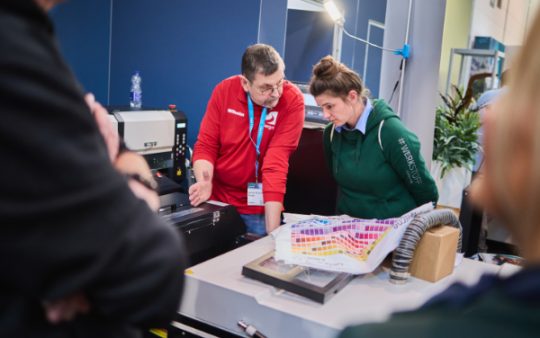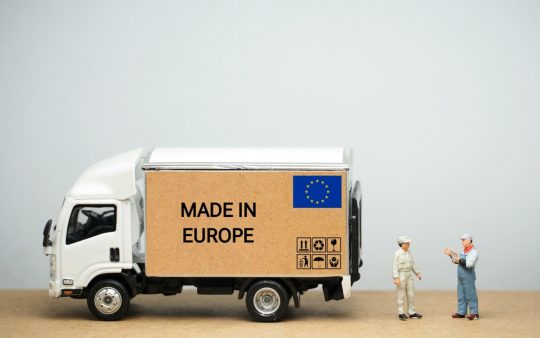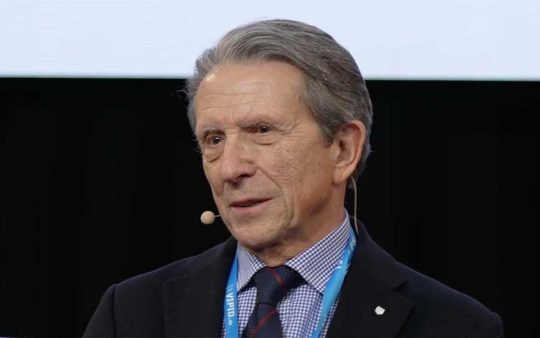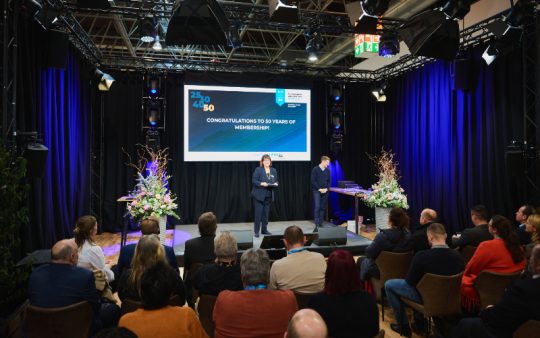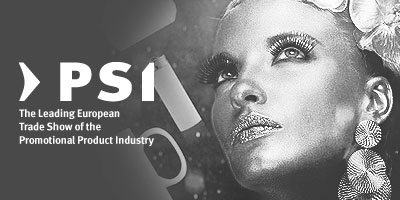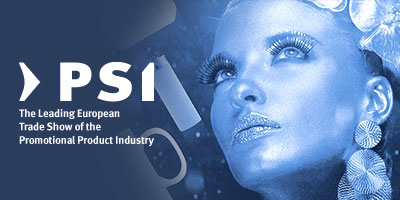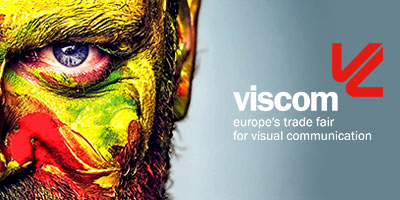“Transparency and a closed circular economy”

Published on 08.12.2021
For the 14th time, the German Sustainability Congress and the subsequent presentation of the German Sustainability Award (DNP) took place in Düsseldorf on 2nd and 3rd December. As an ambassador for a holistic circular economy concept, Mathias Diestelmann, CEO of Brands Fashion, was interviewed during the event on the topic of supply chain and circular economy. Following this, he participated in a podium discussion on “the Green Button and the supply chain law”.
Whilst political wrangling on the supply chain law was still going on, Brands Fashion, specialist for sustainable corporate workwear, was already laying the groundwork for a sustainable textile industry. With respect to the market, Diestelmann, who himself lived in Bangladesh and China for ten years, emphasised in an interview at the congress: “We need more regulatory mechanisms and reward principles for pioneers”. As a forerunner in terms of the circular economy, the CEO of the Buchholz-based company was an authentic conversation partner for this topic. “We are already closing the biological cycle today via the Cradle to Cradle(R) principle and are working on complete take-back systems”, he stated in a conversation with the moderator.
At the end of 2020 Brands Fashion won the DNP together with the Indian textile company Sags Apparels in the category Global Corporate Partnerships 2021. Brands Fashion supports this year’s award ceremony for 2022 as lead partner, in order to foster companies that demonstrate commitment to the issue of sustainability.
The signs point to change
It’s also a matter of the heart for Diestelmann to encourage customers and partners to take a sustainable and socially responsible approach, because the textile industry generally doesn’t have the best reputation when it comes to environmental protection and social standards. At the official level, the government-run certification label Green Button, with which companies can voluntarily choose to be certified, as well as the Act on Corporate Due Diligence in Supply Chains as a binding norm both aim to promote adherence to social and ecological standards in supply chains. Diestelmann is a supporter of both measures because it’s good “when companies are provided with railings”. Brands Fashion already covers the entire value-added chain – right through to the source of the raw material – in its sustainability strategies and certifications.
“That’s very hard work without a doubt, but absolutely doable”, Diestelmann said at a podium discussion at the DNP congress. “The supply chain in India, which is completely certified according to the Fairtrade textile standard, can now be taken as a test case and applied to further countries like Bangladesh, in order to push the topic of living wages forward there too”.
The German Sustainability Award is sponsored by the Federal Ministry for Economic Cooperation and Development (BMZ) and awarded on Friday, 3rd December. www.brands-fashion.com
+++
Photo: As an ambassador for a holistic circular economy concept, Mathias Diestelmann, CEO of Brands Fashion (centre), was interviewed on the topic of supply chain and circular economy and participated in a podium discussion on “the Green Button and the supply chain law”.

